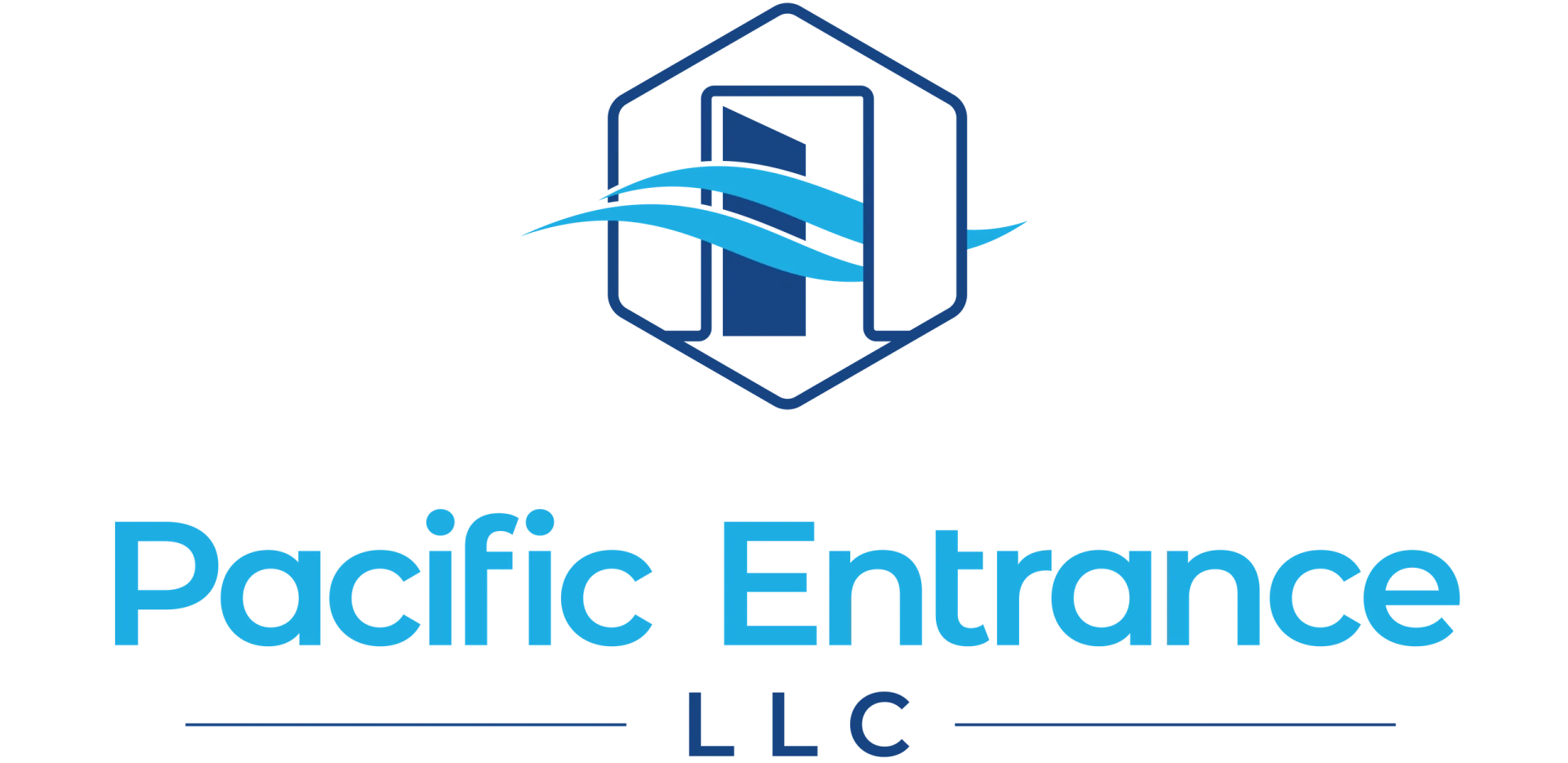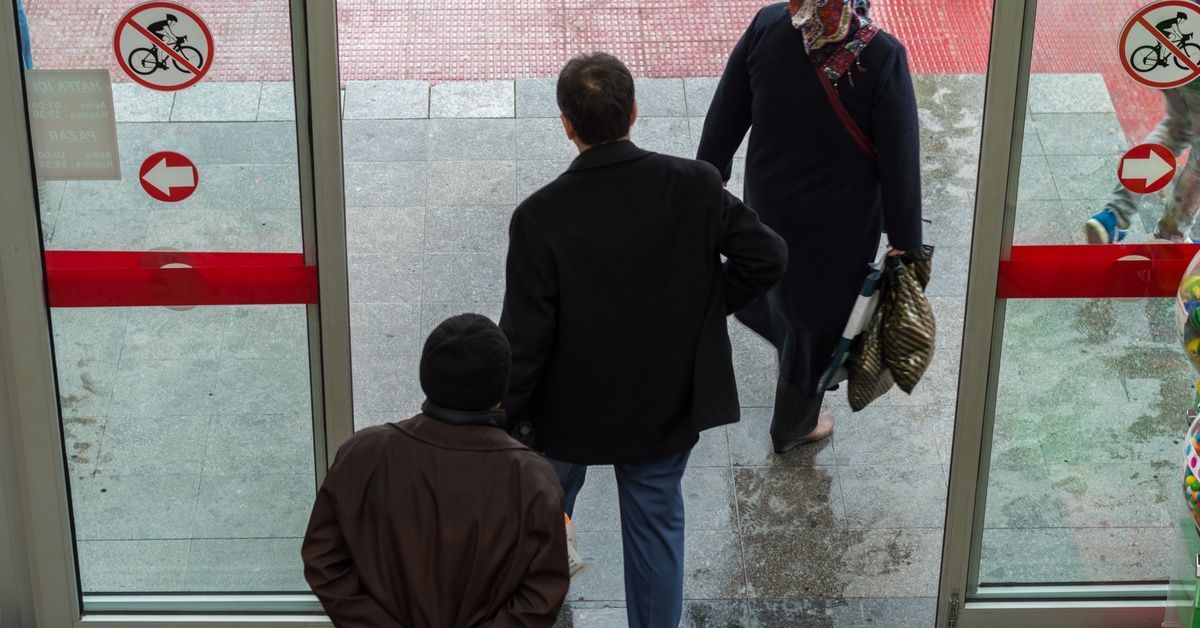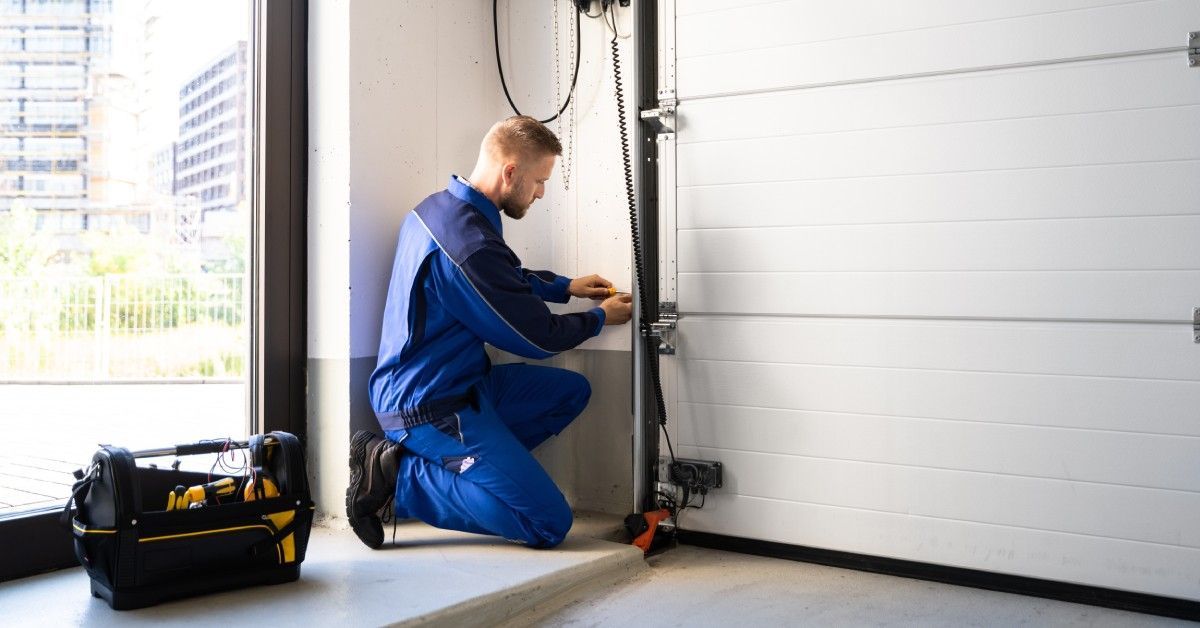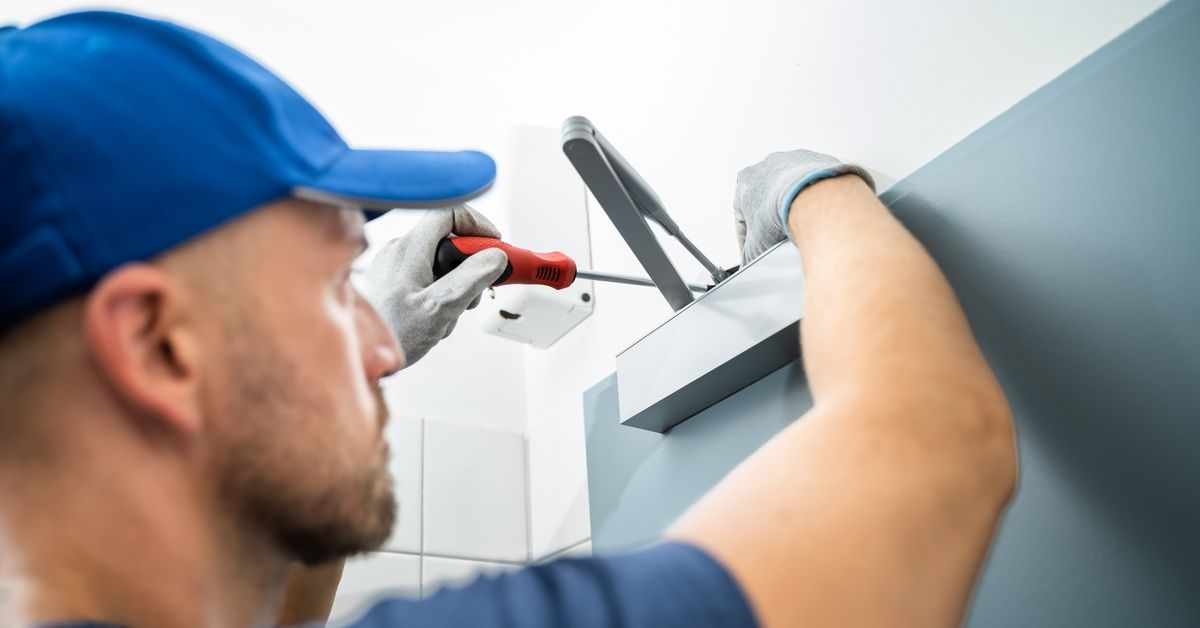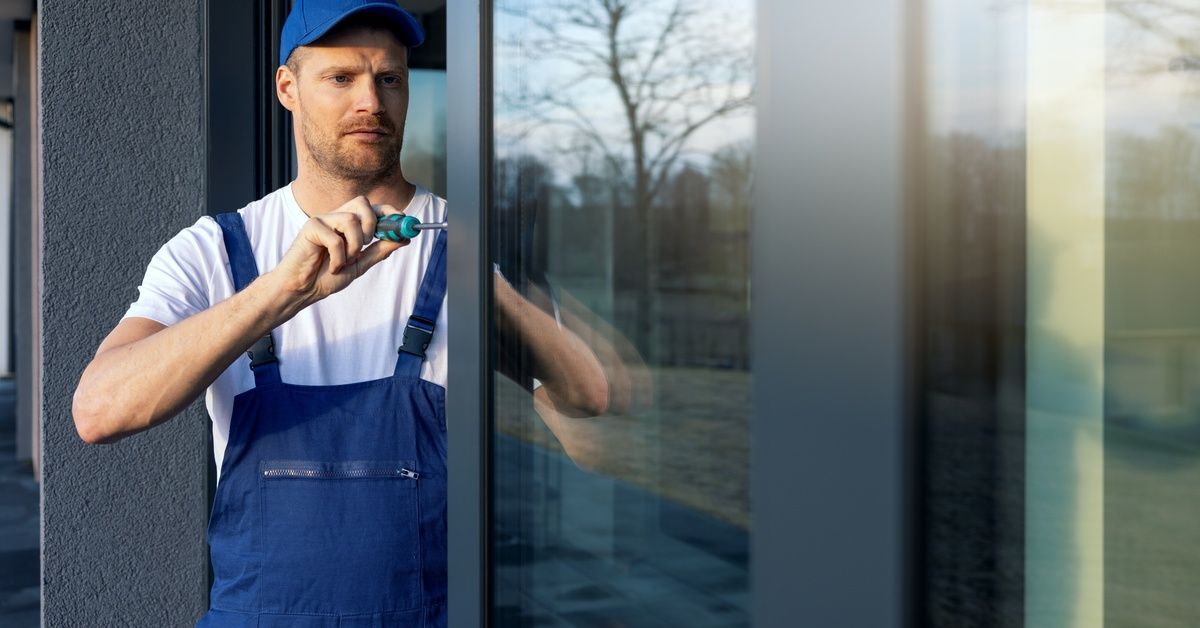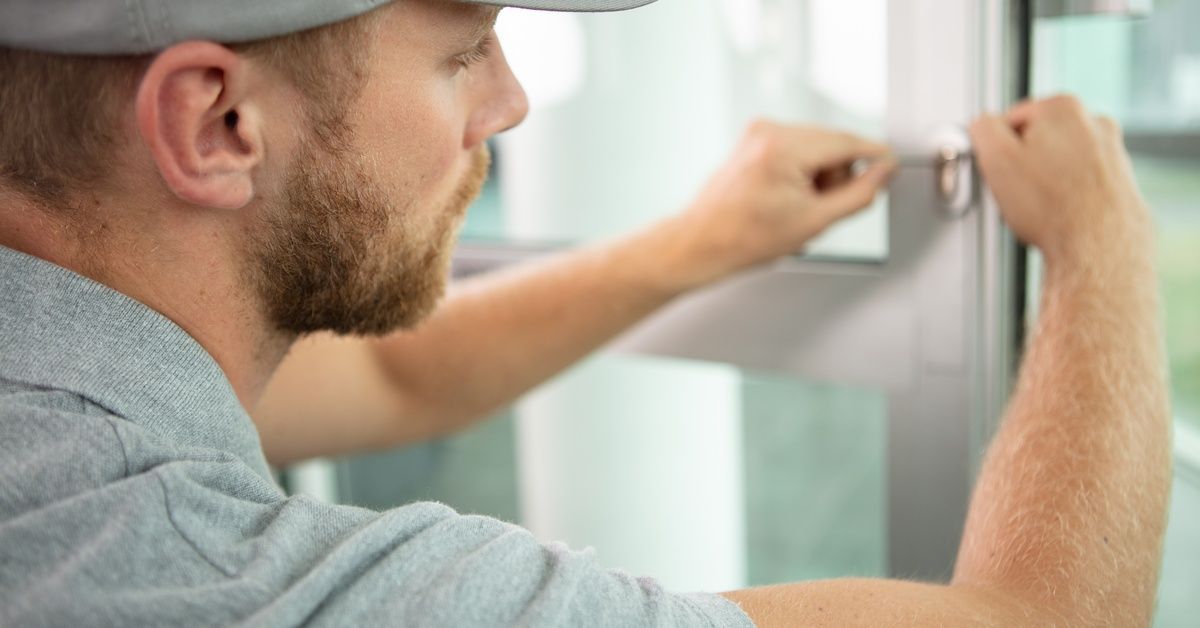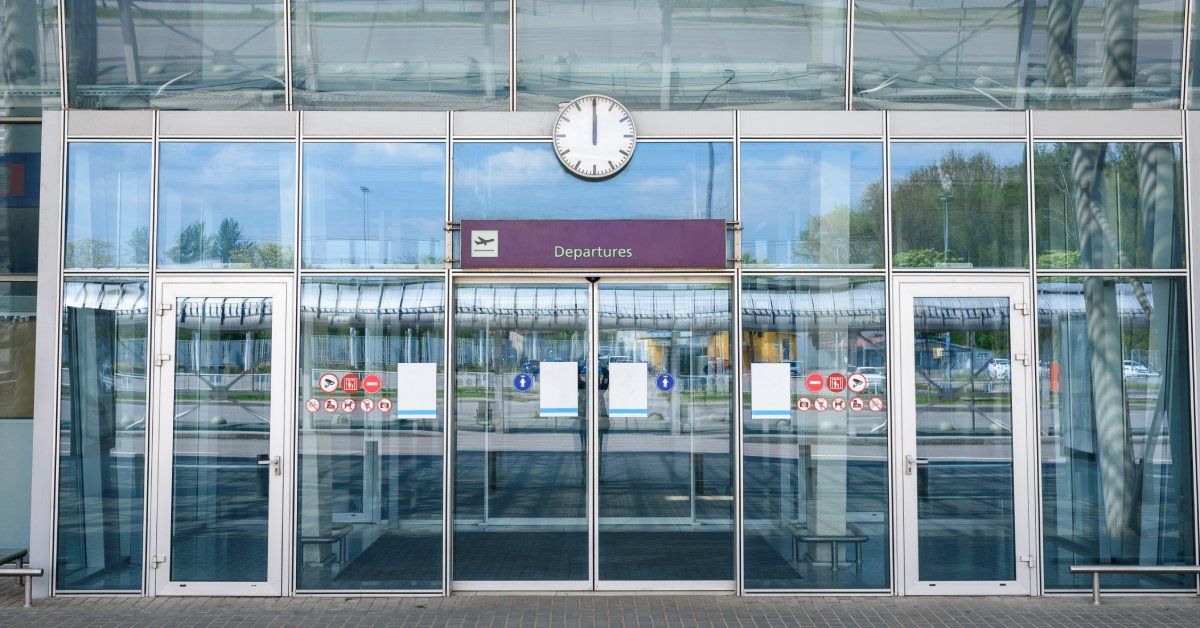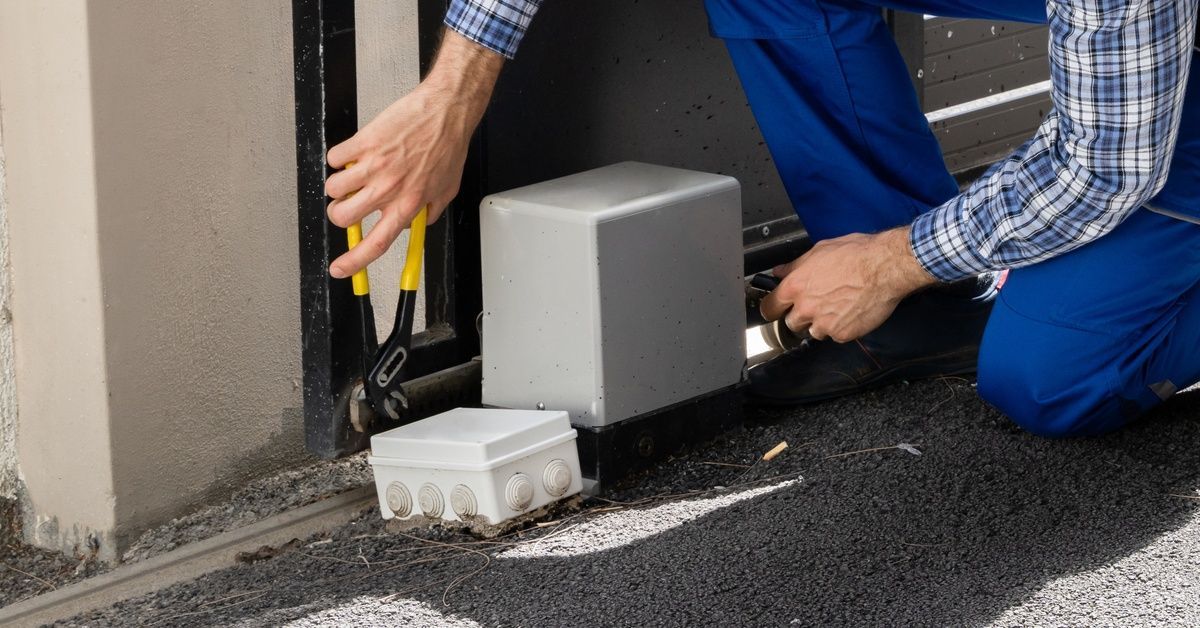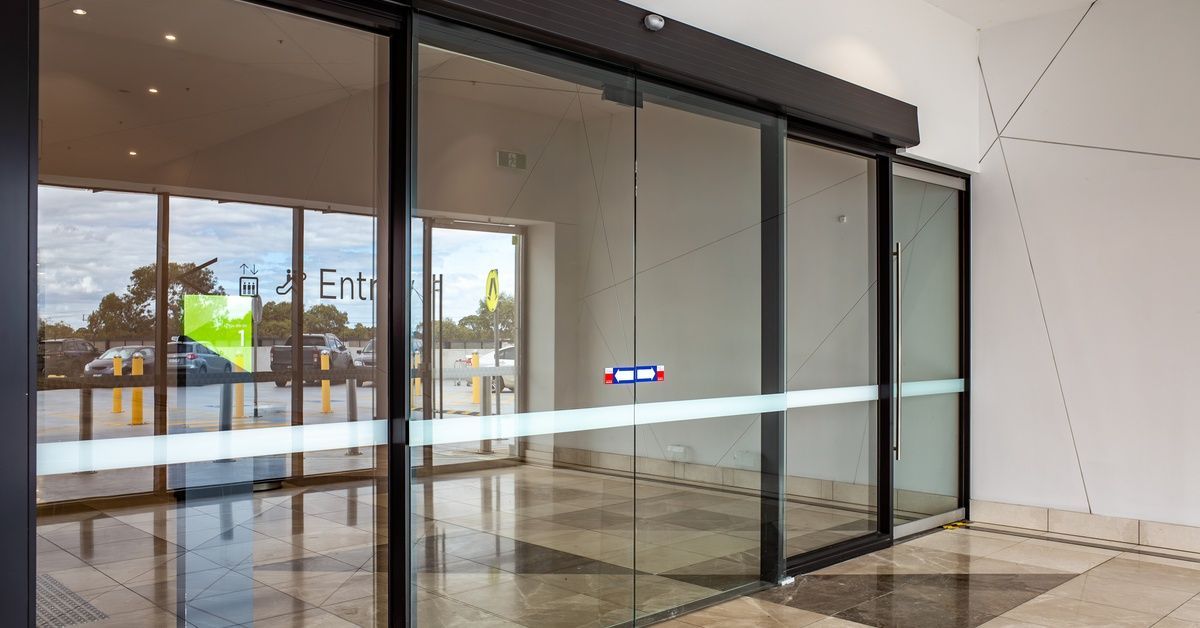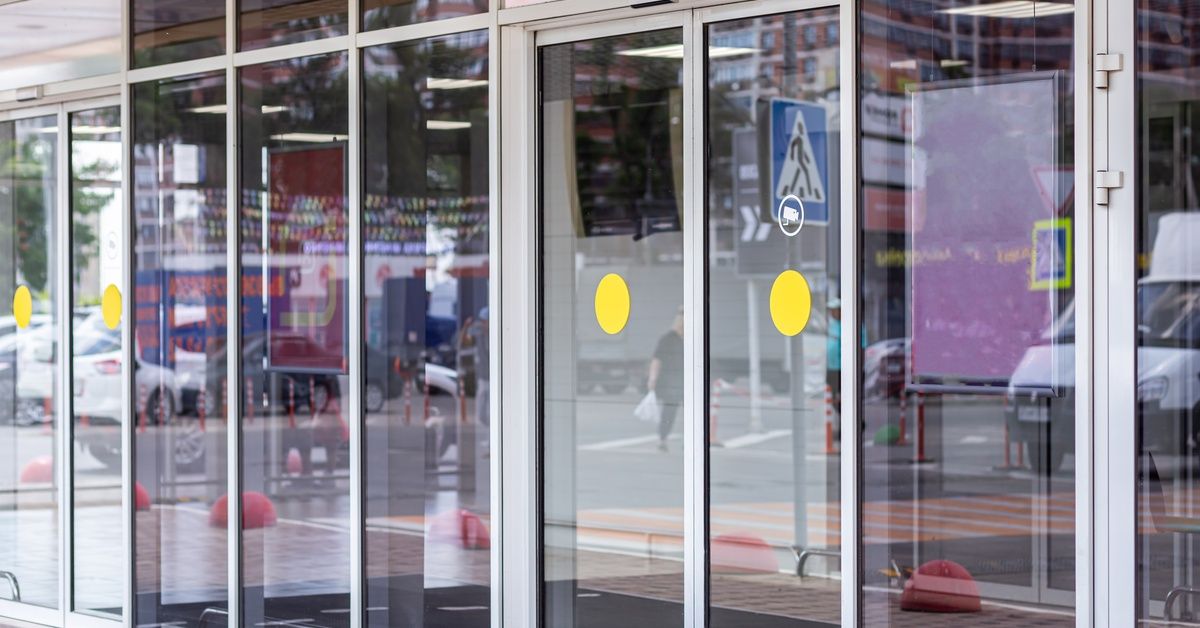How Long Do Automatic Sliding Doors Last?
Automatic sliding doors are more than an aesthetic choice for commercial spaces; they improve the accessibility and convenience of users. Whether it’s a busy retail store or an office building, these doors enhance user flow.
Before implementing these doors, you should know how long automatic sliding doors last. From facility managers to building owners, find the answer below so you can plan for the building’s long-term operational efficiency.
Factors Affecting the Lifespan of Automatic Sliding Doors
Quality of Installation
The lifespan of automatic sliding doors begins with their installation. Poorly installed doors are prone to misalignment and frequent breakdowns, which significantly shorten their longevity.
Investing in professional-grade installation sets the foundation for the doors’ durability and longevity. Therefore, conducting an installation with certified professionals, such as those with an American Association of Automatic Door Manufacturers (AAADM) certification, guarantees proper setup and prevents costly repairs in the future.
Frequency of Use
Frequent use causes wear and tear on automatic sliding doors. Entrances in bustling spaces, such as malls and hospitals, endure greater strain compared to those in office environments with moderate traffic. Over time, increased usage results in mechanical fatigue, which can diminish the doors’ lifespan.
Maintenance and Repairs
Regular maintenance can maximize the longevity of automatic sliding doors. Routine inspections, lubrication, and timely repairs of mechanical and sensor components can prevent minor issues from escalating into major failures. For businesses in need of expert help, services like commercial door repair in Seattle promptly handle general wearing and malfunctions to keep the doors operating smoothly.
Environmental Conditions
External factors like weather significantly impact the durability of automatic sliding doors. Rain, humidity, and windy conditions can corrode metal components or cause sensors to malfunction, especially with prolonged exposure. Proper seals, covers, and additional weatherproofing measures are necessary in harsher environments.
Average Lifespan of Automatic Sliding Doors
Industry standards indicate that automatic sliding doors typically last between ten and 15 years. However, factors like high-frequency use or severe environmental conditions may shorten this timeline. Conversely, performing timely maintenance and upgrades can extend their usability beyond this range.
Signs It’s Time for a Replacement
Doors that have difficulty opening or closing, grinding noises, and unreliable sensors may be at the end of their service life. Frequent breakdowns, even after repairs, suggest that replacement is a more cost-effective solution over continuing maintenance. Aging doors can also fall out of compliance with Americans with Disabilities Act (ADA) standards, which is crucial for commercial properties.
Prioritize Maintenance for Long-Lasting Doors
How long automatic sliding doors last depends on several factors. By committing to careful installation, consistent maintenance, and timely repairs, businesses can reduce the risk of system failures or premature replacements. Beyond saving costs, well-maintained doors ensure accessibility, extend the system’s life, and provide peace of mind for business owners and property developers alike.
Invest in expert solutions like those offered by Pacific Entrance LLC to ensure your doors remain reliable for years to come. Contact us today to learn how we can help with your door maintenance and repair needs.
